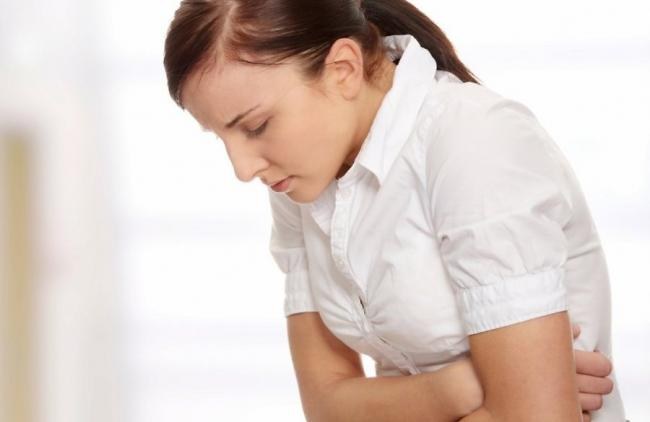Helpful information
Coordinated work of the muscle membrane is organized complex natural mechanisms of regulation, which at any moment can be broken as different kinds of pathologies (neuroses, inflammatory process, etc.) and some physiological conditions, e.g. pregnancy.
As is often stabbing pain in the lower abdomen associated with a particular spasm of muscle fibers, to eliminate this kind of pain syndrome is possible, using modern antispasmodics (for example, "Papaverine", "Spazmalgon", "Nosh-PA").
It is worth noting that often stabbing pain in the lower abdomen can be a symptom of diseases of the gastrointestinal tract, the genitourinary system or of other serious disorders of the nervous system. You should not self-medicate. A consultation with a qualified professional to help deal with the true cause of arising sharp pain in the abdomen.
The doctor, examining General condition, prescribe the appropriate treatment and give valuable recommendations.
Causes of sharp pain in the abdomen
Often stabbing pain in the lower abdomen associated with pregnancy. They are caused by transient (transient) reductions of separate fibers of the muscle membrane of the uterus. It should be noted that pain, as a rule, formed physiological causes. It is known that during pregnancy the uterus is quite rapidly increasing in size. It's no surprise that during the active development and growth there are some "problems" of regulation of muscular fibres, which are manifested clinically by attacks of piercing pain in the lower abdomen.
Stabbing pain in the lower abdomen can also be caused by diseases of the intestine. They are associated typically with chronic inflammatory processes of the mucous membrane.
In the long course of the disease in the first place interfering with the natural working of the muscle membrane of the intestine. This leads to systematic spasms of her muscles.
It is known that stabbing pain in the abdomen often occur due to diseases of the urinary system. Pain on the left or right of the abdomen indicate spasms of smooth muscle muscles in the corresponding ureter. In these cases the pain is often accompanied by the so-called "dysuria" (painful urination, urgent need to urinate, frequent urination).
Urolithiasis is the most common cause spasms of the ureters. At the first symptoms of this disease should immediately seek help at a health facility.


